Divorce can be an overwhelming process, especially if a parent does not understand the reasoning and methodology behind the court’s decisions. One decision that many parents must deal with for years to come is the courts’ decision on a child’s timesharing or custody arrangement.
When the amount of time you spend with your child is at issue, it often helps to understand the rules that the court must abide by when constructing a time-sharing schedule. In Florida, courts adhere to Florida Statute 61.13, which may be a little overwhelming to read at first glance. This is why the professionals who focus on family law with The Orlando Law Group are here to help.
Florida Statute 61.046(23) defines time-sharing as a timetable that must be included in the parenting plan that specifies the amount of time that a minor child will spend with each parent, which includes overnights and holidays. A time-sharing schedule can either be 1) developed and agreed upon by the parents, then approved by the court; or 2) established by the court, if the parents can’t agree or if the time-sharing schedule they have already developed is not approved.
61.13 (2)(c) further states that the court must make a decision regarding a minor child’s time-sharing based on the best interest of the child and in accordance with the Uniform Child Custody Jurisdiction and Enforcement Act. This means that the court takes into account all factors that affect the welfare and interest of the minor child, as well as the circumstances of the family. For example, some of the factors that the court looks to when determining the best interest of the child are:
(a) The demonstrated capacity and disposition of each parent to facilitate and encourage a close and continuing parent-child relationship, to honor the time-sharing schedule, and to be reasonable when changes are required.
(b) The anticipated division of parental responsibilities after the litigation, including the extent to which parental responsibilities will be delegated to third parties.
(c) The demonstrated capacity and disposition of each parent to determine, consider, and act upon the needs of the child as opposed to the needs or desires of the parent.
(d) The length of time the child has lived in a stable, satisfactory environment and the desirability of maintaining continuity.
(e) The geographic viability of the parenting plan, with special attention paid to the needs of school-age children and the amount of time to be spent traveling to effectuate the parenting plan. This factor does not create a presumption for or against relocation of either parent with a child.
(f) The moral fitness of the parents.
(g) The mental and physical health of the parents.
(h) The home, school, and community record of the child.
(i) The reasonable preference of the child, if the court deems the child to be of sufficient intelligence, understanding, and experience to express a preference.
(j) The demonstrated knowledge, capacity, and disposition of each parent to be informed of the circumstances of the minor child, including, but not limited to, the child’s friends, teachers, medical care providers, daily activities, and favorite things.
(k) The demonstrated capacity and disposition of each parent to provide a consistent routine for the child, such as discipline, and daily schedules for homework, meals, and bedtime.
(l) The demonstrated capacity of each parent to communicate with and keep the other parent informed of issues and activities regarding the minor child, and the willingness of each parent to adopt a unified front on all major issues when dealing with the child.
(m) Evidence of domestic violence, sexual violence, child abuse, child abandonment, or child neglect, regardless of whether a prior or pending action relating to those issues has been brought. If the court accepts evidence of prior or pending actions regarding domestic violence, sexual violence, child abuse, child abandonment, or child neglect, the court must specifically acknowledge in writing that such evidence was considered when evaluating the best interests of the child.
(n) Evidence that either parent has knowingly provided false information to the court regarding any prior or pending action regarding domestic violence, sexual violence, child abuse, child abandonment, or child neglect.
(o) The particular parenting tasks customarily performed by each parent and the division of parental responsibilities before the institution of litigation and during the pending litigation, including the extent to which parenting responsibilities were undertaken by third parties.
(p) The demonstrated capacity and disposition of each parent to participate and be involved in the child’s school and extracurricular activities.
(q) The demonstrated capacity and disposition of each parent to maintain an environment for the child which is free from substance abuse.
(r) The capacity and disposition of each parent to protect the child from the ongoing litigation as demonstrated by not discussing the litigation with the child, not sharing documents or electronic media related to the litigation with the child, and refraining from disparaging comments about the other parent to the child.
(s) The developmental stages and needs of the child and the demonstrated capacity and disposition of each parent to meet the child’s developmental needs.
(t) Any other factor that is relevant to the determination of a specific parenting plan, including the time-sharing schedule.
In addition to the best interest of the child, the court makes its decision in accordance with the Uniform Child Custody Jurisdiction and Enforcement Act, or otherwise known as the “UCCJEA”. The purpose of the UCCJEA is to avoid competition and conflict between courts of another state, where matters of custody may have been previously handled.
The UCCJEA Affidavit requires the parent to fill out the child’s name, place of birth, birth date, sex, present address, the period of residence, and places where the child has lived within the past 5 years. It also requires the name, present address, and the relationship to the child for each person with whom the child has lived during that 5-year period.
Statute 61.13 further states that it is the public policy of the state that each minor has frequent and continuing contact with both parents after the parents separate or after the marriage is officially dissolved. It encourages both parents to share the rights and responsibilities that come with raising their child. It also emphasizes that there is no presumption against the father or mother of the child regarding their time-sharing, which essentially means that there is no predetermination made by the court regarding which parent the child will spend more time with. After the court weighs all of the factors outlined above, it will make its determination based on whatever time-sharing schedule is best suited for the child’s individual needs.
If you are currently struggling with determining a suitable time-sharing schedule in a divorce child custody situation, finding an attorney who can effectively help you during its construction is vital. The attorneys at The Orlando Law Group are ready, willing, and able to assist you with such a process. We have countless hours of experience in family court helping our clients navigate divorce cases and understand the type of custody that has been arranged.
The attorneys at The Orlando Law Group represent families throughout Orlando, Waterford Lakes, Altamonte Springs, Winter Garden, Lake Nona, St. Cloud, Kissimmee, and throughout central Florida.
If you are dealing with a family law issue or looking for some preventative family law services, please reach out to our office at 407-512-4394, fill out our online contact form.
If you have questions about anything discussed in this article or other legal matters, give our office a call at 407-512-4394 or fill out our online contact form to schedule a consultation. We have an office conveniently located at 12301 Lake Underhill Rd, Suite 213, Orlando, FL 32828, as well as offices in Seminole, Osceola and West Orange counties to assist you.

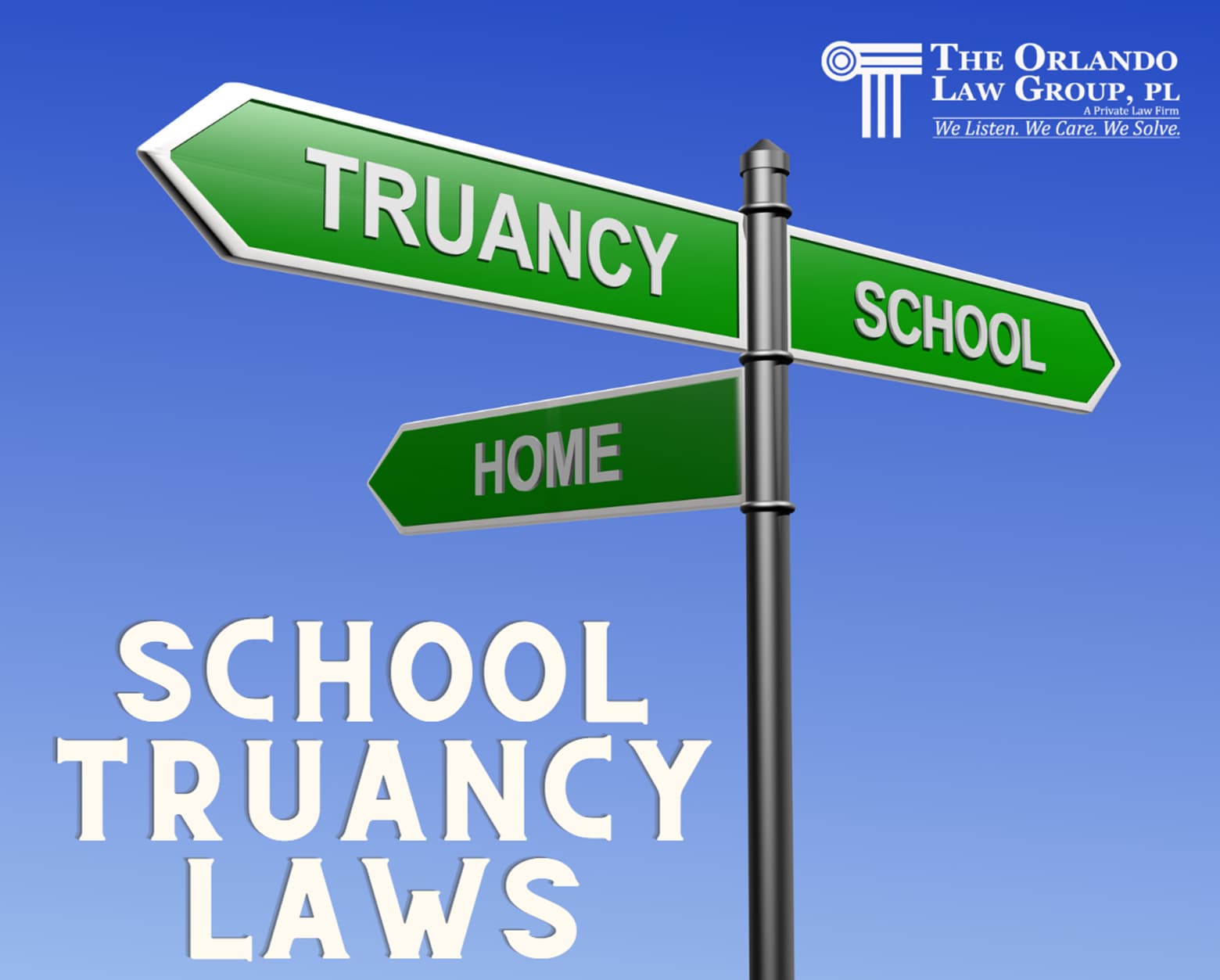 Overview:
Overview: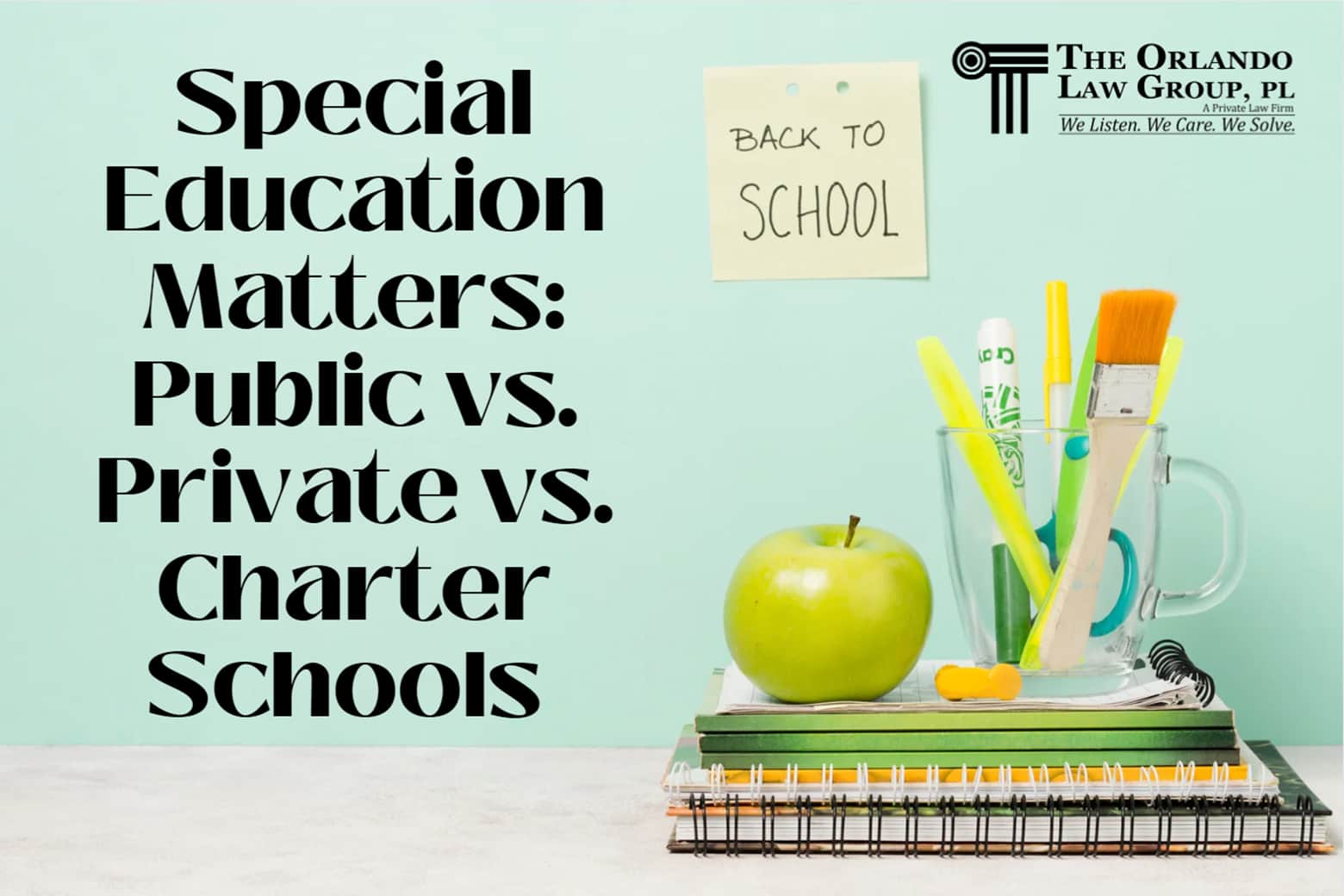


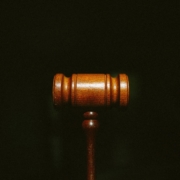
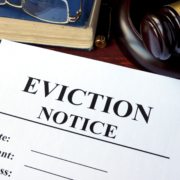










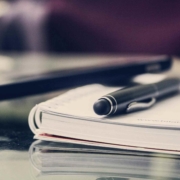
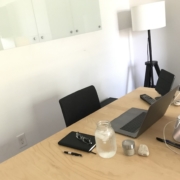
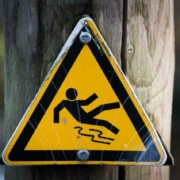

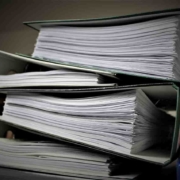









 By Attorney Jarrod Etheridge
By Attorney Jarrod Etheridge





